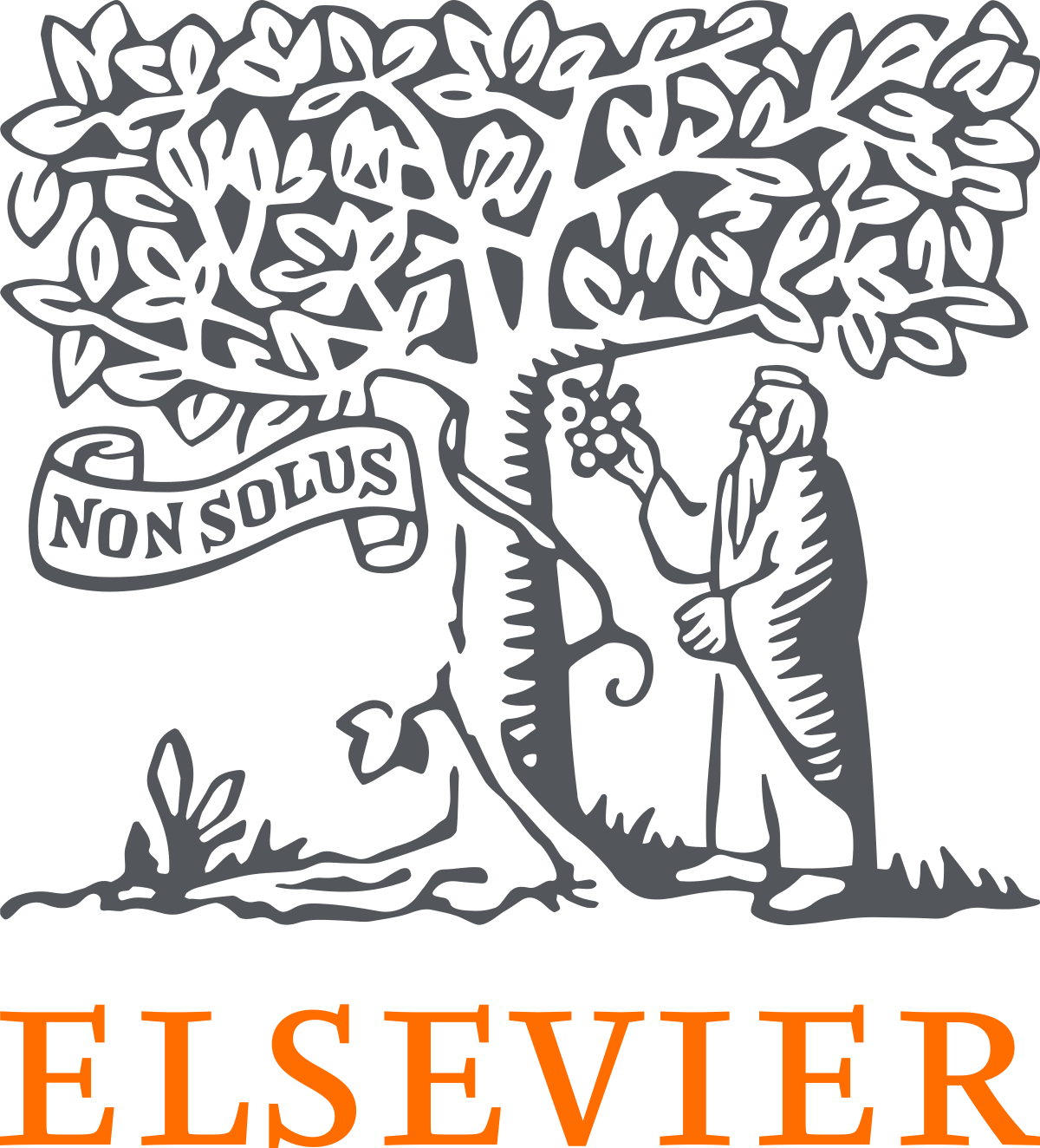International Conference on Education, Language, and Linguistic Studies (IC-ELLS)

Articles
Exploring the Impact of Multilingual Education on Student Learning Outcomes in India
Arvind Sharma, Priya Mehta, Raghav Gupta, Tanvi Desai, John Smith (USA)
Year: 2022 | Conference Paper | Publisher: Scitech Conference Xplorer
Abstract:
The Role of Language in Bridging Cultural Gaps in Global Classrooms
Divya Rathi, Vikram Sharma, Priya Singh, Ayesha Khan, Alan Peterson (UK)
Year: 2022 | Conference Paper | Publisher: Scitech Conference Xplorer
Abstract:
Language Proficiency and Its Effect on Academic Success Among Indian College Students
Rajesh Kumar, Neha Patel, Shruti Rani, Sameer Bansal, David Green (Canada)
Year: 2022 | Conference Paper | Publisher: Scitech Conference Xplorer
Abstract:
The Influence of Social Media on Language Acquisition and Usage Among Young Indians
Tanvi Agarwal, Rajiv Malhotra, Ananya Jain, Kunal Verma, Maria Lopez (Spain)
Year: 2022 | Conference Paper | Publisher: Scitech Conference Xplorer
Abstract:
Language and Identity in India’s Post-colonial Educational Landscape
Harish Chandra, Rekha Rao, Prakash Yadav, Sunita Joshi, Emma Thompson (Australia)
Year: 2022 | Conference Paper | Publisher: Scitech Conference Xplorer
Abstract:
Digital Literacy and Its Impact on Language Learning in Indian Schools
Sunil Reddy, Meera Patel, Pradeep Kumar, Simran Kaur, Peter Hargrove (New Zealand)
Year: 2022 | Conference Paper | Publisher: Scitech Conference Xplorer
Abstract:
The Challenges of Teaching English in India’s Rural Schools
Arvind Kumar, Shalini Deshmukh, Omkar Tiwari, Preeti Gupta, James Walker (USA)
Year: 2022 | Conference Paper | Publisher: Scitech Conference Xplorer
Abstract:
The Future of Language Education in India: Trends and Innovations
Nidhi Agarwal, Anil Kapoor, Suman Rathi, Vikas Gupta, Clara Evans (USA)
Year: 2022 | Conference Paper | Publisher: Scitech Conference Xplorer
Abstract:
Language as a Tool for Empowering Women in India’s Rural Areas
Nisha Patel, Mehul Thakur, Ritu Sharma, Lakshmi Devi, Sarah Morgan (UK)
Year: 2022 | Conference Paper | Publisher: Scitech Conference Xplorer
Abstract:
The Role of Language in Fostering Global Citizenship Among Indian Students
Anjali Bhardwaj, Karan Kapoor, Aditi Mehra, Sandeep Yadav, Robert Green (Australia)
Year: 2022 | Conference Paper | Publisher: Scitech Conference Xplorer
Abstract:
International Conference on Sustainable Energy and Materials Engineering (ICSEME)
International Conference on Biomedical Robotics and Computational Imaging (ICBRCI)
International Conference on Smart Cities and Civil Infrastructure (ICSCCI)
International Conference on Aerospace Technologies and Data Science (ICATDS)
International Conference on Renewable Resources and Chemical Engineering (ICRRCE)
International Conference on Cyber-Physical Systems and Electrical Engineering (ICCPSE)
International Conference on Robotics in Manufacturing and Environmental Engineering (ICRMEE)
International Conference on Advanced Materials and Mechanical Engineering (ICAMME)
International Conference on Nanotechnology for Electrical Systems (ICNES)
International Conference on Geotechnical Innovations and Computer-Aided Design (ICGICAD)
International Conference on Water Resources and Environmental Engineering (ICWREE)
International Conference on Intelligent Transportation Systems and Structural Engineering (ICITSE)
International Conference on Sustainable Energy and Materials Engineering (ICSEME)
International Conference on Biomedical Robotics and Computational Imaging (ICBRCI)
International Conference on Smart Cities and Civil Infrastructure (ICSCCI)
International Conference on Aerospace Technologies and Data Science (ICATDS)
International Conference on Renewable Resources and Chemical Engineering (ICRRCE)
International Conference on Cyber-Physical Systems and Electrical Engineering (ICCPSE)
International Conference on Robotics in Manufacturing and Environmental Engineering (ICRMEE)
International Conference on Advanced Materials and Mechanical Engineering (ICAMME)
International Conference on Nanotechnology for Electrical Systems (ICNES)
International Conference on Geotechnical Innovations and Computer-Aided Design (ICGICAD)
International Conference on Water Resources and Environmental Engineering (ICWREE)
International Conference on Intelligent Transportation Systems and Structural Engineering (ICITSE)
International Conference on Sustainable Energy and Materials Engineering (ICSEME)
International Conference on Biomedical Robotics and Computational Imaging (ICBRCI)
International Conference on Smart Cities and Civil Infrastructure (ICSCCI)
International Conference on Aerospace Technologies and Data Science (ICATDS)
International Conference on Renewable Resources and Chemical Engineering (ICRRCE)
International Conference on Cyber-Physical Systems and Electrical Engineering (ICCPSE)
International Conference on Robotics in Manufacturing and Environmental Engineering (ICRMEE)
International Conference on Advanced Materials and Mechanical Engineering (ICAMME)
International Conference on Nanotechnology for Electrical Systems (ICNES)
International Conference on Geotechnical Innovations and Computer-Aided Design (ICGICAD)
International Conference on Water Resources and Environmental Engineering (ICWREE)
International Conference on Intelligent Transportation Systems and Structural Engineering (ICITSE)

+91 9888374777
icmsetm@scitechconference.org







